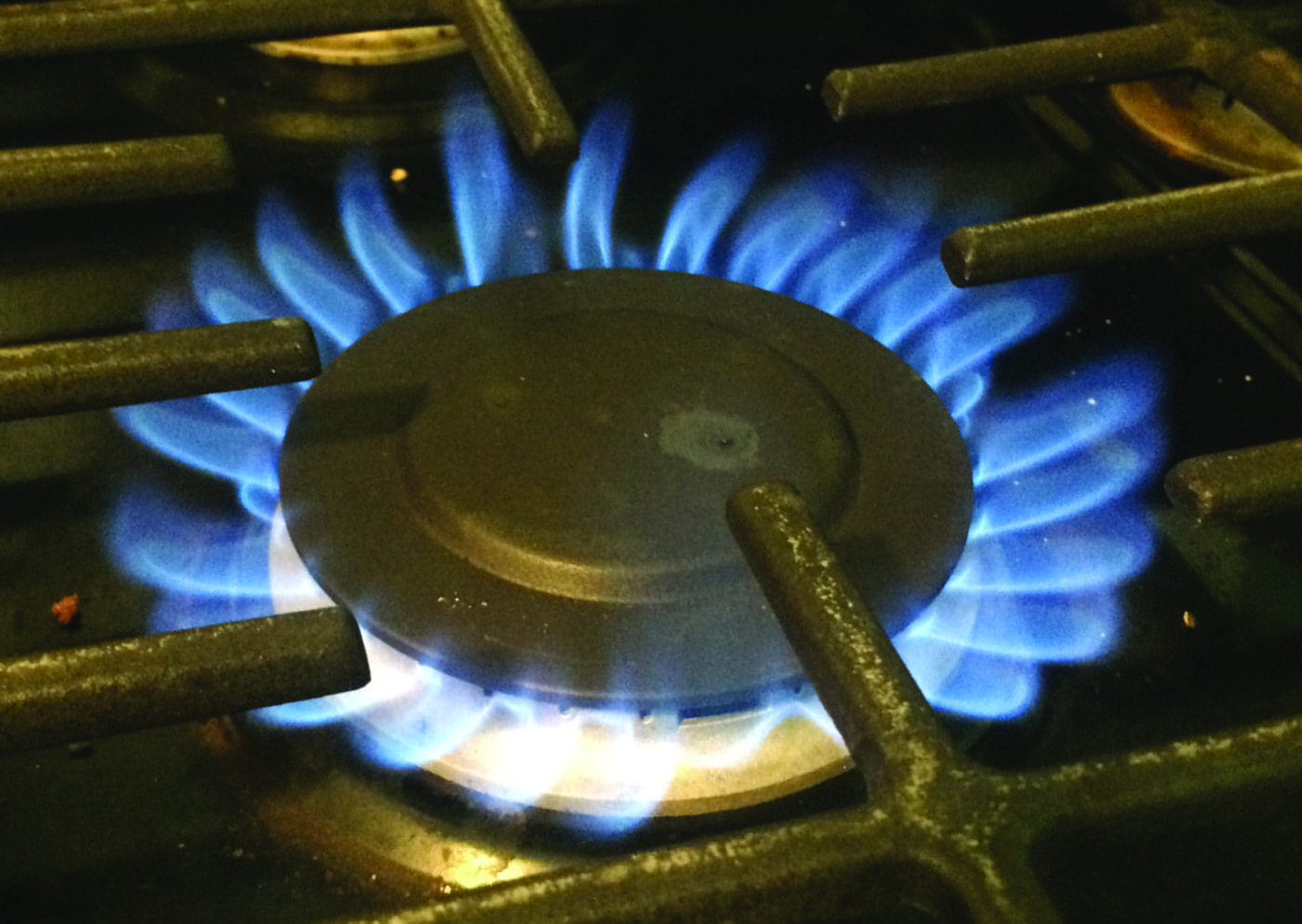
by Barry Hermanson
“Burning gas in homes releases dangerous toxins – including nitrogen dioxide, carbon monoxide, nitric oxide and ultrafine particles, as well as formaldehyde and acetaldehyde – leading to air pollution levels in many gas homes that would be illegal if measured outside. In fact, children are particularly at risk; children living in a home with a gas stove are 42 percent more likely to have asthma,” according to the Sierra Club. Learn more at https://www.sierraclub.org/san-francisco-bay/building-electrification.
“Carbon monoxide is a colorless, odorless and toxic gas that claims over 430 lives a year. It’s a byproduct of burning carbon fuel like the natural gas in your stove and the gasoline in your car. Even small doses of carbon monoxide can cause permanent damage or death,” according to the home security company Safewise.
The San Francisco Department of Environment reports that natural gas use in buildings is the second largest source of greenhouse gas emissions in San Francisco.
Last winter, I finished converting my home to all electric. The old gas stove from the 1950s with pilot lights burning 24/7 was the last to go. I thought I would miss cooking with gas and that it would require significant changes for meal preparation. I don’t miss it. Electric induction cook tops provide greater control of cooking temperatures.
Natural gas use in buildings is the second largest source of greenhouse gas emissions in San Francisco.
My home is now heated with a heat pump. It looks a lot like a backyard air conditioner. In addition to heat, it can generate cool air. Although 90-to-100-degree days are rare on the west side of San Francisco, with global warming, I’m sure there will be more. My home may become a cooling center for the neighborhood.
My PG&E bill is now $10 per month, the cost to keep connected to the electricity grid. Solar panels on the roof provide all of the power. Surplus power generated during the day is sold to others on the grid and offsets the cost of purchasing electricity at night.
In March, the Mercury News reported: “The monthly bill for the average customer who receives both electricity and gas service from PG&E is jumping to $196.95 a month effective March 1.” How much will rates jump next year or the year after that?
I’d love to see San Francisco establish a public bank to finance the decarbonization of our homes.
The cost to convert my home was less than $50,000. If $50,000 is needed to convert the average housing unit in San Francisco to all electric and install solar to provide the power, how do we pay for it? Each monthly payment on a 30-year $50,000 loan at 2 percent interest is $184.81.
I’d love to see San Francisco establish a public bank to finance the decarbonization of our homes. We need to move quickly. The City could provide residents with low interest loans, with monthly payments less than SF residents currently pay PG&E today.
It would require bond financing, which tends to benefit the rich. If San Francisco established a public bank, SF residents would write a monthly check to the Bank of San Francisco that is no larger than the PG&E bill they pay today.
The Local Government Commission in Sacramento reports, “Numerous studies show that building electrification – or the transition to clean, electricity-powered appliances – is the lowest-cost, lowest-risk pathway to cutting these emissions.”
San Francisco has the opportunity to be a world leader. Shutting off the gas will not be easy, but it is possible. It can be done sooner rather than later for less cost per month than our collective monthly payments to PG&E.
Will San Francisco be the first city in the world to turn off the gas?
Barry Hermanson is a Green Party of California Coordinating Committee member and a former small business owner. Contact him at Barry@Hermansons.com or 415-255-9494.





